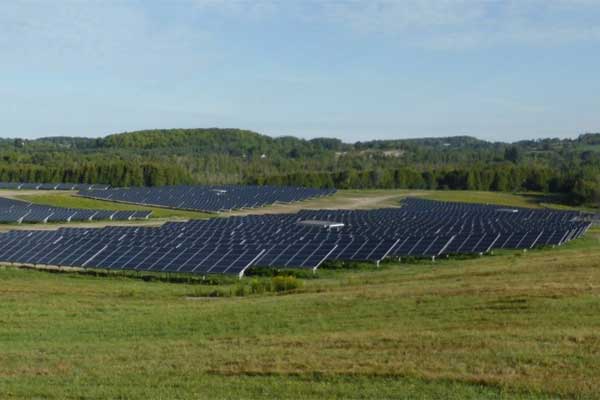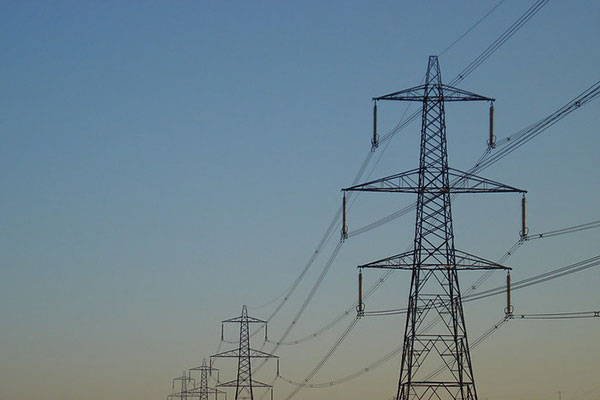Power shortage is very common in Uganda as many businesses lose thousands of perishable products that rely on cooling systems powered mainly by the national power supply, which is always down.
“Unfortunately when power is not there for more than 6 hours, we lose business and products,” said Hussein Samsudin, a supermarket manager in Soroti, a local Ugandan city. “Because perishable goods can’t stay without cooling for an extended period.”
The Ugandan government spent $19 million to invest in a solar plant that lies in a 33-acre piece of land. The plant can produce 10 megawatts of power that can be fed into the national grid.
“The power output of this plant is 10 megawatts. This is enough power to power up to 40,000 families, schools, small business and end users,” said vice president of Eren Renewable Energy, Christophe Fleurence.
“Power supply in the country, national wide is not sufficient. So if this new solar plant has come in to, I would say, to back up on the power, then I think it is going to be too much help. It is going to help cover up the gaps of power blackout that have been there,” he added.











Comments